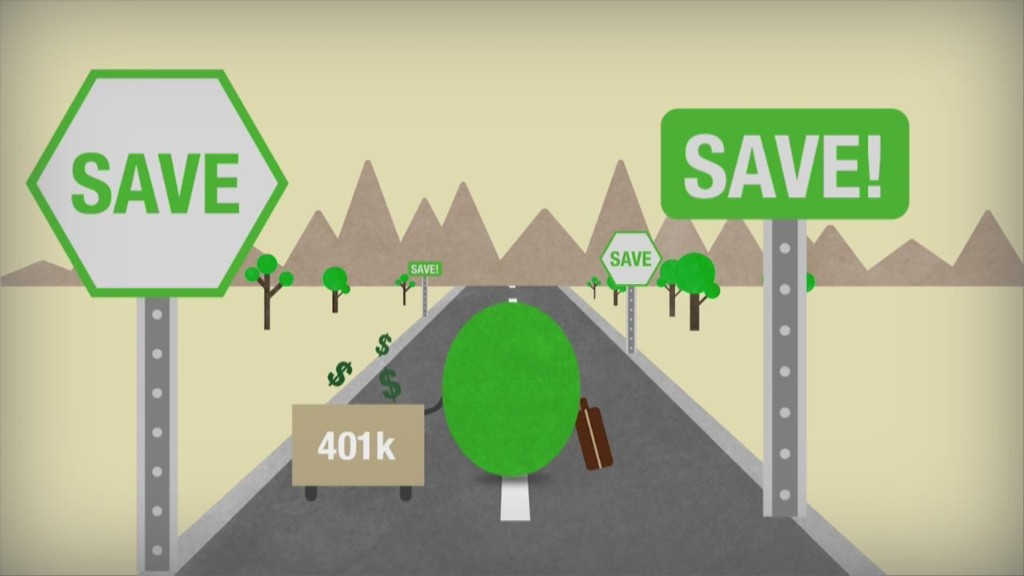
People say life is short. But for women, it's getting just a little bit longer.
The average American woman's life expectancy hit an all-time high of 81.2 years old in 2014, according to the Centers for Disease Control and Prevention. By comparison, the average man lives to be around 76 years old.
But women retire earlier than men (on average, about two years earlier). Across their lifetimes, they make less income than their male counterparts (on average, female workers earn around 80 cents for every dollar a man earns, and the gap is even wider for women of color).
So something's not adding up.
Related: What 'wealth' means to women
According to new research from Bank of America Merrill Lynch and Age Wave, all these factors combined put women at a serious disadvantage when it comes to retirement planning. After analyzing the effects of a lifelong wage gap, workplace interruptions and an earlier retirement, researchers determined men can accumulate as much as $1,055,000 more than women over the course of their lifetimes.
As many women approach retirement, the realities of these numbers and this inequality becomes more frightening than ever, says Maddy Dychtwald, co-founder of Age Wave, an organization studying aging populations.
"Most said they'd like to live to 100, but most are afraid they're going to run out of money," she says. "When you think about it in the context of how the average woman is already living to age 81, most of them fear even running out of money by the age of 80. That's an alarming proposition."
Gaby Dunn, the 29-year-old host of "Bad with Money," a feminist personal finance podcast, says she struggled with saving for years. She rationalized spending on immediate expenses made more sense than saving for a future that felt very far away. Now, as she considers the life expectancy of her parents as well as herself, she's taking retirement planning more seriously.
"A lot of money stuff was hard for me because I always had this idea of 'I'll get hit by a bus tomorrow,'" she says. "But will you? Will you really get hit by a bus tomorrow? You don't know. My grandmother is 95. It's better to be safe than sorry."
But being safer means getting smarter with your money.
Related: The benefits women actually want in a workplace
Lorna Sabbia, head of retirement and personal wealth solutions at Bank of America Merrill Lynch, says she encourages women to research investing early on in their lives, both to save money that can protect them from retirement panic, but also to empower themselves so they feel more comfortable about their ability to earn income later in life.
"When women do invest, more of them feel financially secure about their future," Dychtwald says. "That's what you want to have happen, feeling financially secure about the possibilities going into retirement."
Sabbia remembers one friend calling her in a panic at age 56, having finally met with a financial planner and realizing she wasn't well prepared for her own retirement. "I wish someone had forced me to invest," she told Sabbia.
The bottom line is that women shouldn't wait to form a retirement plan, Sabbia says.
"Be purposeful in your financial education," she says. "Being financially educated on the topics that are important for you, and not waiting, is critical. The reality is if you just focus on all the headwinds that women face, there's no reason to have a financial regret."
As a single woman, Sabbia says she's already considered how to plan for her own retirement, without children to fall back on for help.
"My biggest risk isn't me dying," she says. "It's me not being able to earn enough income."
